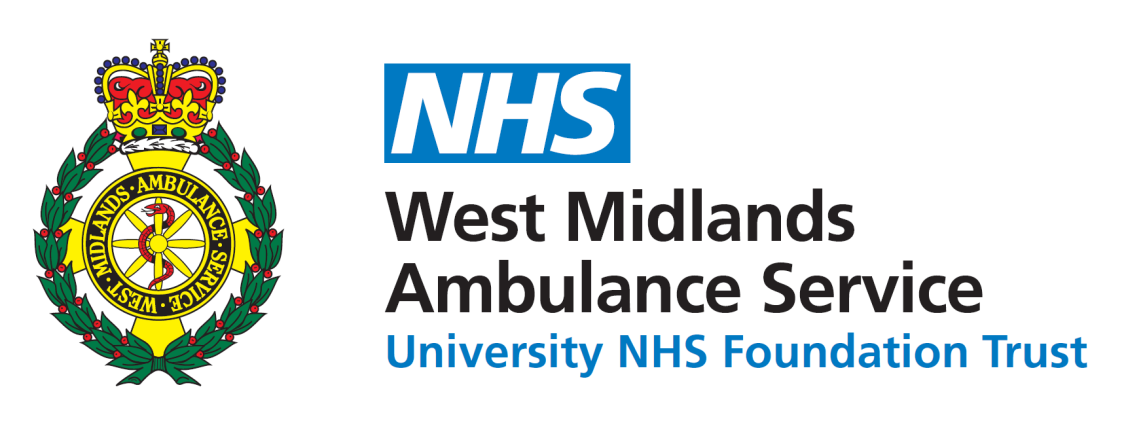Most patients, carers and healthcare workers are comfortable with anonymised health data being used for purposes beyond their individual care, a new study has found – however, more awareness of the potential benefits to the NHS and members of the public is needed.
The patient and public engagement programme undertaken by PIONEER – the Health Data Research Hub for Acute Care – found that close to 94% of participants were happy for their data to be used for NHS research, while just under 85% of people felt the same about academic researchers. Although the figure was lower for commercial health organisations, 68% of respondents would be happy for their data to be used in this way. ‘Secondary use’ of health data is any use which is not directly related to patient care – including research and service delivery improvements.
However, with only around a third (32%) of participants aware that NHS England provides a centralised ‘opt-out’ for the secondary use of their anonymised data, initiatives to demystify and address concerns around health data use are recommended by the researchers.
Previous research reviewed by PIONEER had suggested that public willingness for their data to be used for secondary purposes was low, with only 50% happy for the NHS to access it and just 12% in favour of commercial use. However, these studies did not take into account the demographics or healthcare experiences of the participants, which would have provided useful context. For example, few studies have asked young adults, who may be more digitally literate than older people, and infrequent healthcare users may have different views to those with chronic illnesses.
Opt-out
To uncover a clearer picture, PIONEER recruited patients and staff of University Hospitals Birmingham and members of the public to this project, which was designed, delivered, analysed and disseminated in partnership with PIONEER’s own public and patient members. Importantly, the study also involved participants from the age of 13 upwards, as individuals can choose to use the NHS National Data Opt-Out from this age.
The researchers found that under 18s were more likely to be accepting of anonymised data use by businesses than older adults, but that they were less likely to know about the opt-out option. Even among NHS staff members, awareness of opt-out was low, suggesting that increased education is needed within this group, who may then be able to cascade this information to their patients in a credible and trustworthy way.
Increased acceptability of secondary health data research may also be achieved through greater public awareness of the principles of data minimisation – allowing access only to what data is needed, and only to those who need it.
Professor Liz Sapey, Director of PIONEER and Consultant in Respiratory Medicine, commented: “Secondary usage of health data without explicit consent from patients has been widely debated and, while the benefits are clear, public groups have raised concerns – particularly around the sharing of data with businesses.
“Our work shows that, when people understand the robust safety and security measures in place to protect health data, they are broadly in support of its use to improve diagnostics, treatments and care for other patients. What we need to do next is widen that public awareness and understanding, to inspire trust and confidence in not only NHS health data research, but in our partnerships with academia and commercial enterprises.”
Trusted partner
Gary Price, PIONEER’s Patient and Public Advisory Group Lead, said: “There is great support for secondary health data use, particularly by the NHS which was consistently identified by our participants as the most trusted partner to hold data and make decisions on data use – however, concerns remain.
“We believe we can overcome these concerns by increasing public awareness of data use, highlighting the involvement of patient and public voices in health data access decisions, and the fact that the public’s best interests lie at the heart of data sharing.
“The central aim of PIONEER is to use health data to improve patient care. This might be through changing treatment pathways for patients, diagnosing diseases earlier, or designing new therapies and devices for better health management both in clinic and at home. To support this, patients and members of the public like myself have not only been involved from the outset of the project to set up Data Trust Committees and define their processes, but also entrust all data access decisions to our public members through the Data Trust Committee which oversees all requests. Helping people to understand the use and potential of health data is therefore the foundation of all PIONEER’s work, ensuring security, transparency, governance, compliance and that public interest is always the main priority.”




